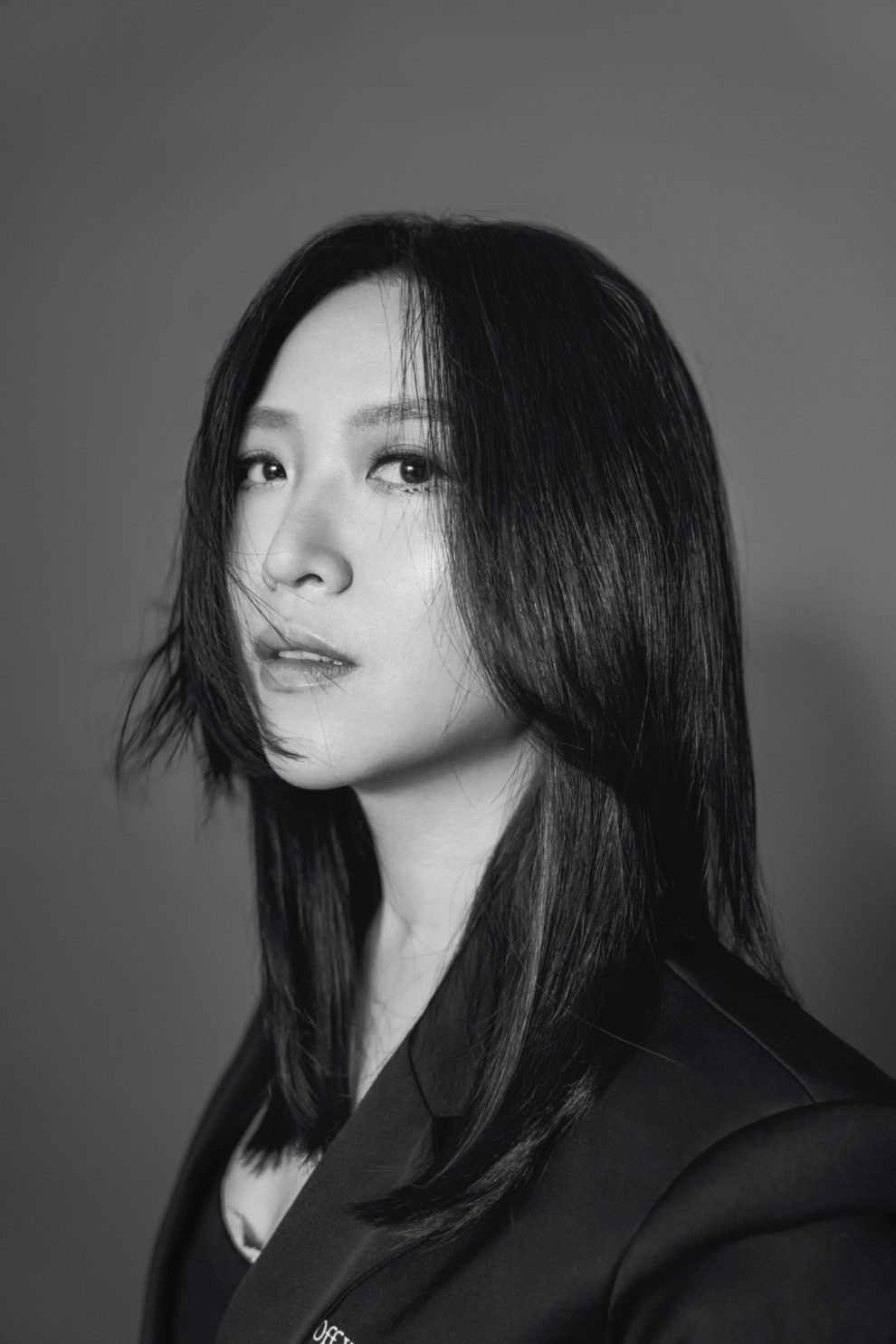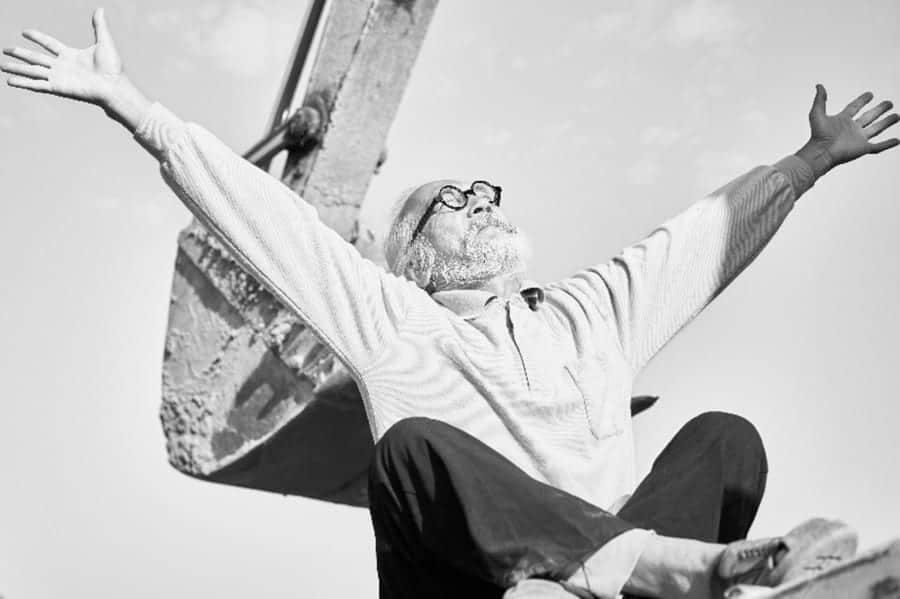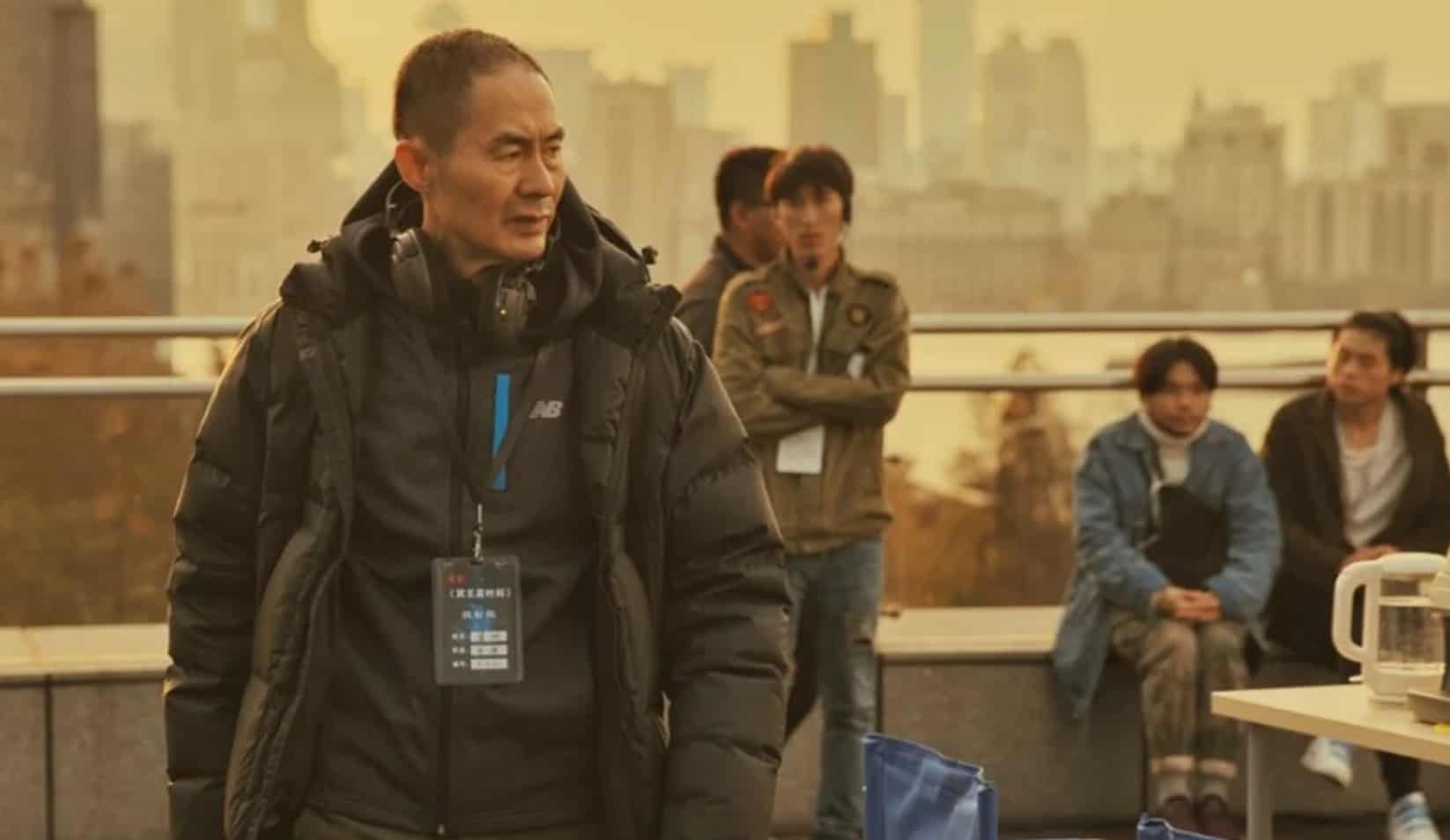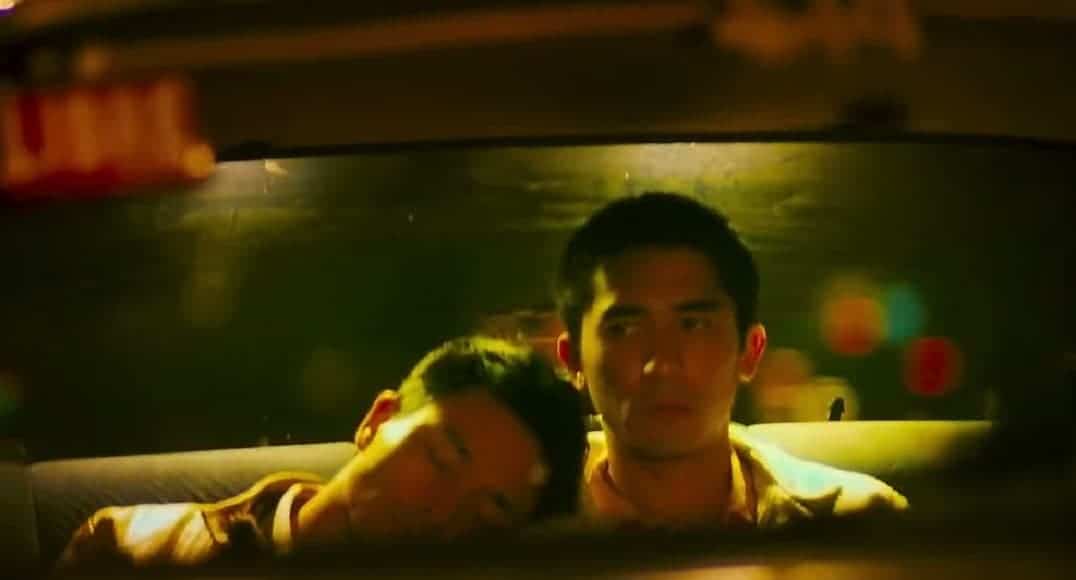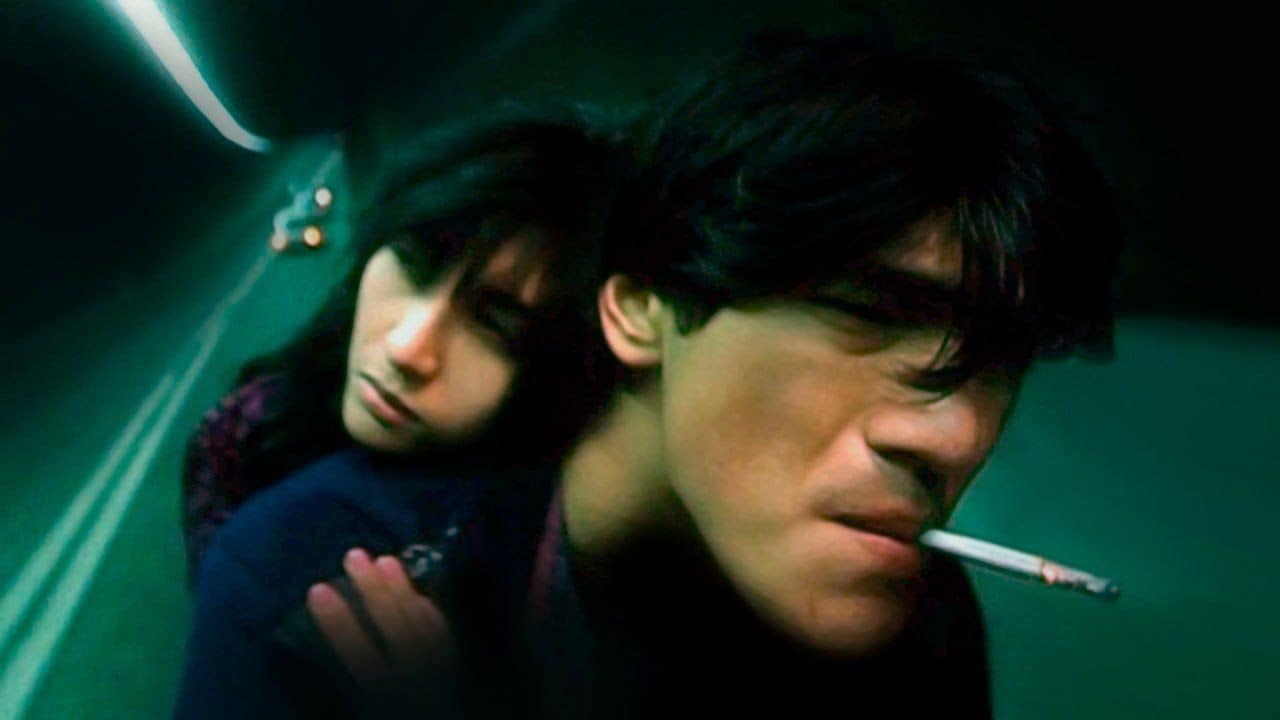Lily Ni is a Chinese filmmaker whose directorial debut “Born to be Human” tells the story of a teenager forced to undergo intersex surgery so as to fit the molds of society. Inspired by the story of a personal friend of hers, she explores the repercussions of forced and unwanted change of identity and the gender expectations that come with it. “Born to be Human” premiered at the Osaka Asian Film Festival and was shown on numerous festivals around the world. It is currently screening at the this year's Five Flavors Asian Film Festival.
On this occasion, we speak with her about her debut film, the impetus behind telling the story, the views on members of the LGBTQ in Taiwan, and many other topics
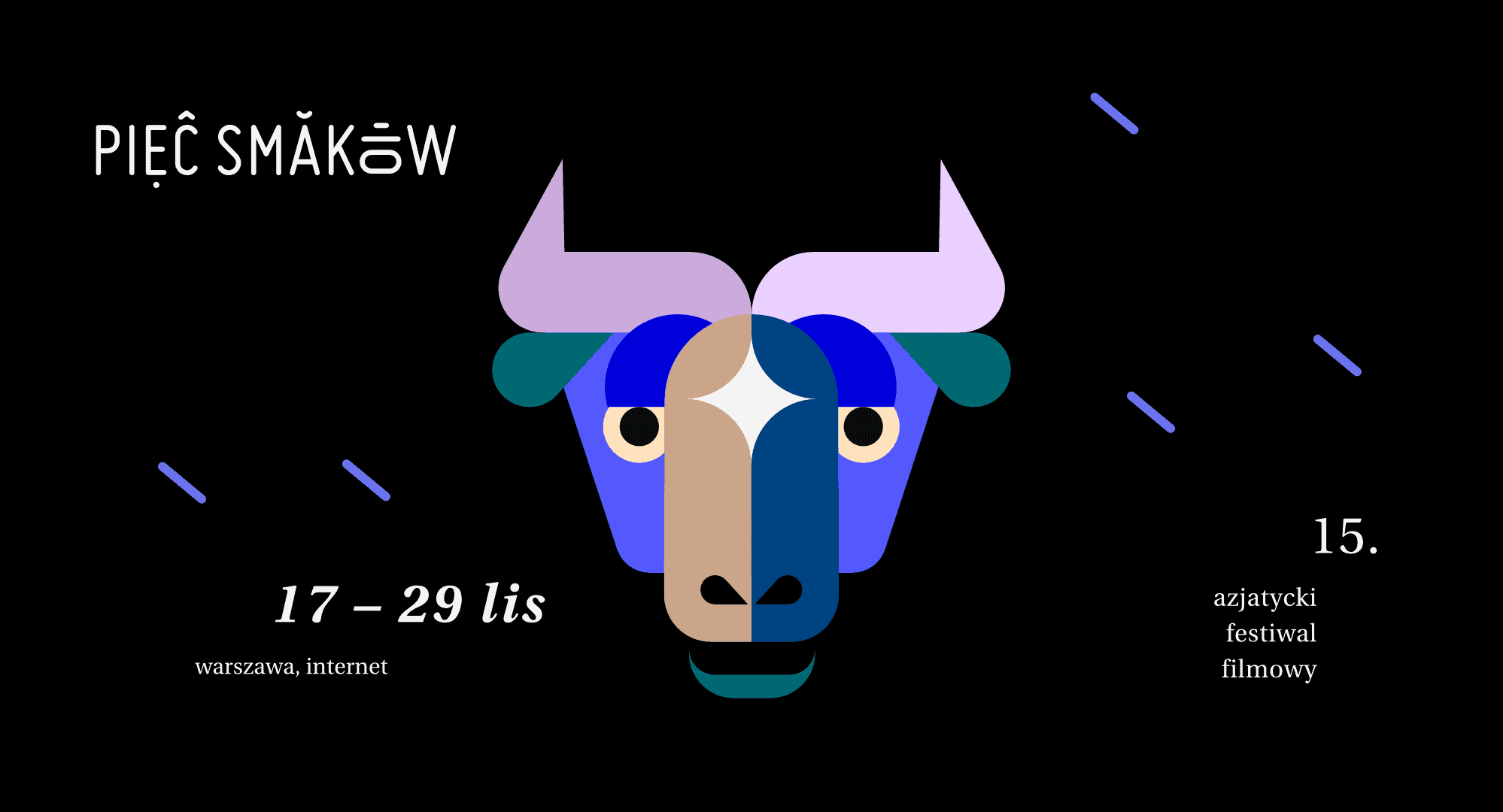
Can you tell us a bit more about yourself? When and why did you decide to go into filmmaking?
Hi, thank you for the question! I've always been a visual person. My parents said that I've always enjoyed watching horror movies and reading fashion magazines since I was a kid. They thought I was a weird kid so they made me study economics for undergrad. I didn't like it very much, so I decided to study film production for graduate school, and I loved it. When I was in film school, I always worked in the art department as a production designer or a makeup artist. I love everything about filmmaking, but it's not only about visuals to me. Filmmaking is all about the storytelling, which is why I love writing and directing as well. When you share your experience or stories with other people, you feel like you are more connected to the outside world. I think that's exactly what we want, especially during the pandemic.
“Born to be Human” deals with the experience of an intersex teenager? What made you tackle this undoubtedly important, but also complex, topic?
The story was inspired by my friend at USC. I had always thought of him as my gay friend, until the day of our graduation, he told me he was actually intersex. At that time, I didn't know what “intersex” meant, so I started searching the word online right away. I found out that there are so many cases all around the world about intersex children or even babies getting the sex reassignment surgery. I couldn't help but wonder if my friend was the lucky one among the intersex community. He didn't go through the surgery, and his parents were nice enough to accept him as who he is. At the same time, however, I was also wondering what if my friend were Chinese. What if they were born and raised in a traditional Asian cultural background? Is their story going to be different? With those questions in mind, I started writing the script for “Born to be Human”.
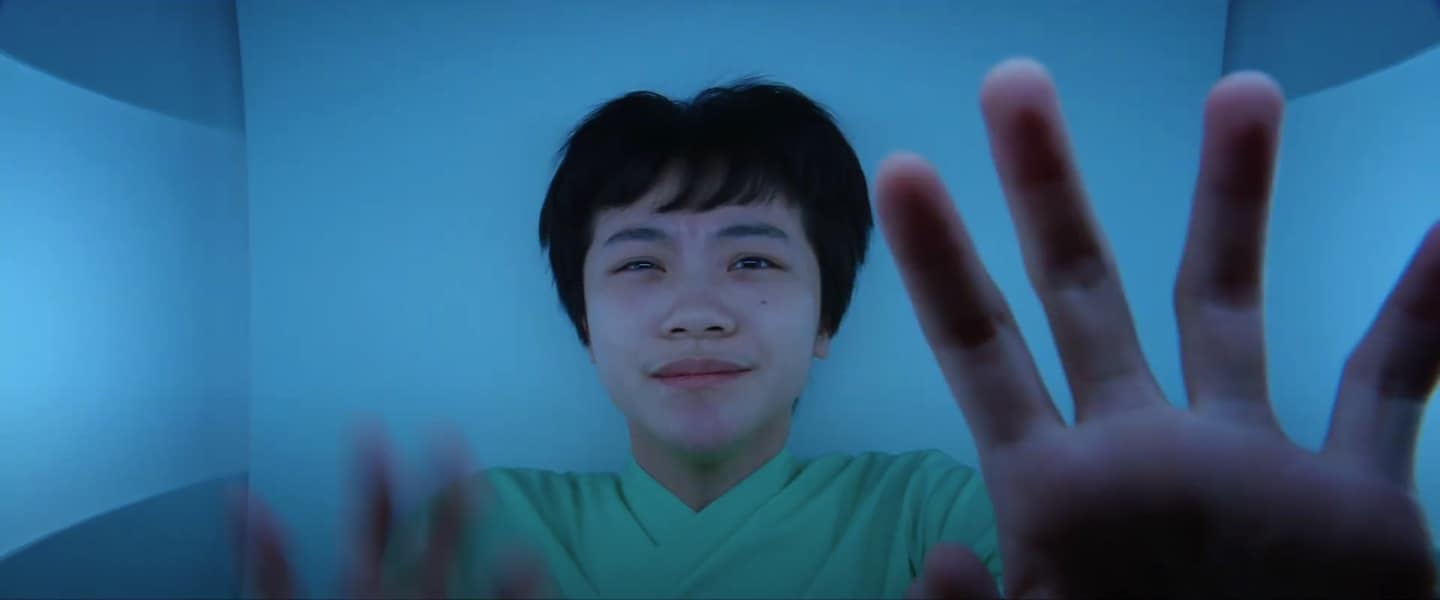
In your address to the audience at the Osaka Film Festival, you spoke about the difficulty of making a film during the pandemic. Can you tell us a bit more about the process of making “Born to be Human”?
This is my first feature film, so it's already a big challenge for me. We started filming in May/June of 2020. Because of the pandemic, it was very difficult to get permits for many locations, especially hospitals or clinics. We had to build a set for Dr.Lee's clinic at an art studio instead. That's why his clinic looks so artistic and futuristic in the film.
How did you approach the research and preparations for shooting the film? Did you work with or get any help from the intersex advocacy groups?
My research was probably not as much as you thought it would be. I have a friend who's intersex and I did some research online, but that was it. I didn't get to work with any intersex activists, but I'm so glad we had medical consultants on set. They've really helped me a lot.
The movie presents us with what at times are depressingly conservative views of gender and gender roles held in Taiwanese society. Can you tell us a bit more about the social views on intersex people in Taiwan as well as their legal position?
First of all, I grew up in Beijing, so maybe my point of view only reflects on the situation in mainland China. Since we share the same culture and language in Taiwan, the situation could be similar though. I'd definitely say there's social discrimination towards the intersex community. Intersex is not new, there's at least 1 in 2000 people who are born intersex. However, we never heard of anyone in real life saying that they are intersex. I understand that they don't want to talk about it because of the social discrimination, but I think their voices need to be heard, and they deserve to be respected and treated equally by society.
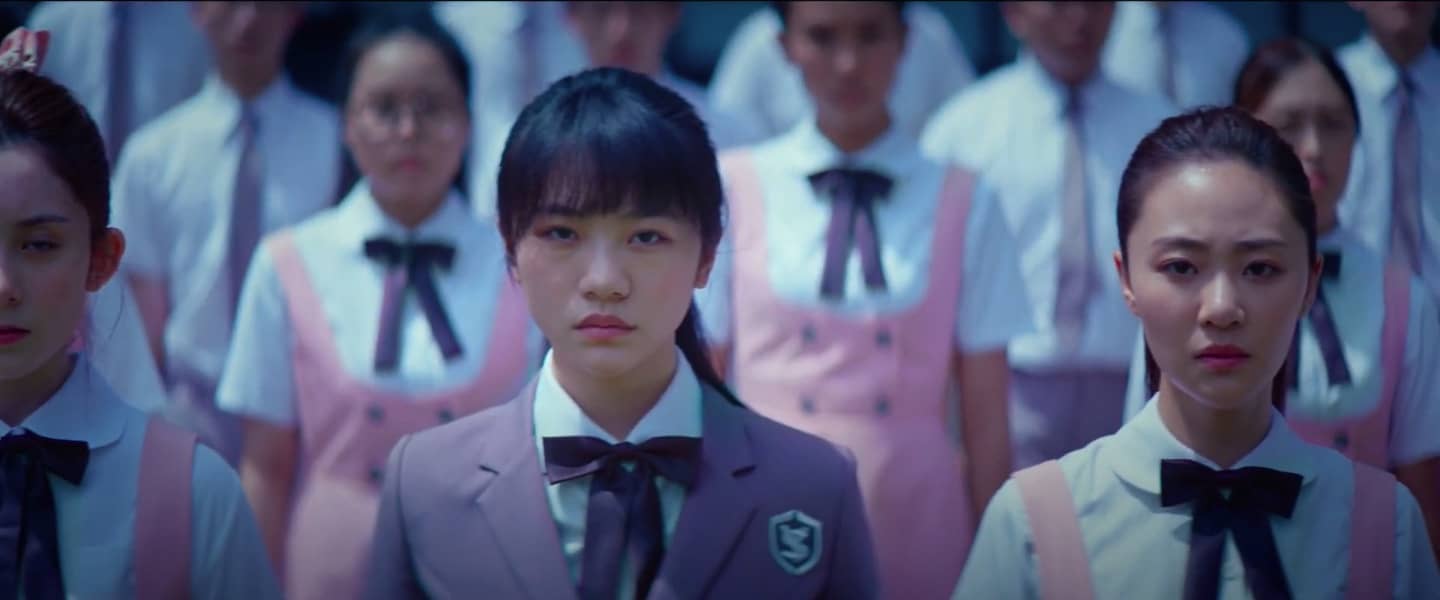
The movie's ending stayed with us for quite some time, haunting us even. Can you elaborate a bit on why you chose to finish Shi-Nan's story in such a way?
I would like to leave an open ending to the audience. The main character, Yang Shi-Nan, has basically become a living dead towards the end. As a human being, however, is it still worth it to live like a walking dead? Or is it more important to go on with your life? The title of the film is “Born to be Human”. To be or not to be, that is the question I wanted to discuss with the audience at the end.
Can you elucidate on the situation of non-heterosexual and non-cisgender people in Taiwan and their representation in Taiwanese cinema?
I am so sorry to hear about the attack and what happened to the female member of the group.That was terrible! I can never understand homophobia, and why would they do such things to other people just because they think they're different. In terms of the LGBTQ community, there's a big difference between the situations in Taiwan and mainland China. Same-sex marriage became legal in Taiwan in 2019, but not in mainland China. There are a lot of LGBTQ movies in Taiwan, but this topic is still considered to be very sensitive in mainland China. We were actually going to shoot “Born to be Human” in mainland China at first, but we couldn't because of the censorship. I'm so grateful to be able to make it happen in Taiwan.
Can you tell us a bit more about your future plans?
I'm now working on a sci-fi feature screenplay. Hopefully I can make the film someday, but it seems to be a lot more expensive than “Born to be Human”.
Finally, is there anything we've missed or you would like to tell our readers?
I think we should stop intersex surgeries all over the world. They are born this way, and they should not be “fixed” or “normalized” by any surgeries. We are all just human beings.


